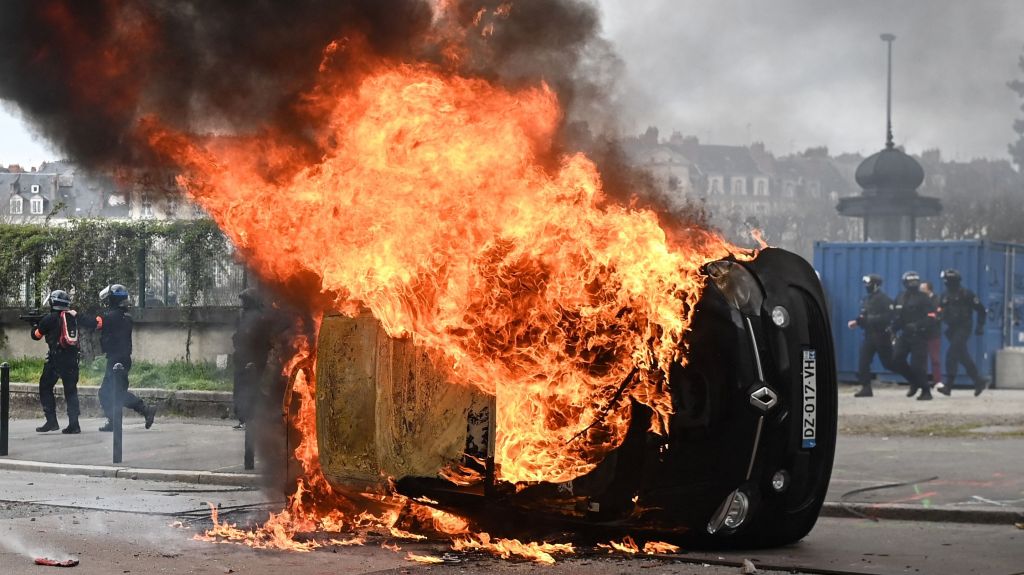Ex-Police Officer Faces Bankruptcy Amid London Capital & Finance Scandal
A former police officer entangled in the £237 million London Capital & Finance (LCF) investment scandal is headed for bankruptcy proceedings after the High Court ruled he is liable for millions in damages.
Paul Careless, aged 49, was one of five individuals found culpable in November for their “knowing participation in the fraudulent activities” related to LCF, which entered administration in 2019, leaving 11,625 investors facing substantial financial losses.
Alongside two others, Careless was determined to have “dishonestly assisted” LCF’s former CEO, Michael Andrew Thomson, and his associate, Spencer Golding, in violating their responsibilities as directors.
Mr. Justice Miles ruled the following month that Thomson and Golding were to compensate £180 million in damages, while Careless, Robert Sedgwick, and John Russell-Murphy would collectively owe £211 million due to their dishonest involvement.
This civil action was initiated by LCF’s administrators, who are now seeking a bankruptcy order against Careless as part of efforts to recover funds for creditors, according to court documents.
LCF marketed unregulated minibonds, successfully raising £237 million from investors by promising lucrative interest rates.
However, the court classified the organization as operating a Ponzi scheme, and its demise marked one of the most significant investment scandals in Britain’s history. This prompted the government to establish a compensation program for victims, many of whom were elderly individuals who lost their life savings. The Serious Fraud Office has also been investigating LCF since 2019.
During last year’s High Court session that determined the culpability of the five men, Stephen Robins KC, representing the administrators, claimed the scheme constituted “the largest Ponzi scheme in British history.”
Allegations indicated that LCF’s directors used invested funds to purchase real estate, luxury vehicles, high-end watches, undertake extravagant vacations, and make political donations, particularly to the Conservative Party.
A Ponzi scheme, originating from Charles Ponzi, an Italian scam artist from the 1920s, refers to a type of fraud where returns for early investors are paid out from the contributions made by newer investors.
Justice Miles stated last year that it was highly unlikely any of the defendants involved in the LCF fraud would be able to satisfy the court’s damages ruling.
Careless previously operated Surge, a Brighton-based marketing firm employed by LCF to promote its contentious minibonds in exchange for a 25 percent commission.
This arrangement resulted in LCF paying Surge approximately £61 million between mid-March 2015 and early December 2018, with the court asserting that Careless received at least £8.4 million linked to the minibond enterprise.
Careless has not been available for comment.
A bankruptcy petition was filed against Golding in February by Addleshaw Goddard, a law firm, reportedly over unpaid legal fees.
Last year, HM Revenue & Customs also filed for Russell-Murphy’s bankruptcy, leading to an order in December, while Sedgwick was declared bankrupt last month due to action taken by LCF’s administrators.
The scandal raised serious concerns for the City regulator, which faced significant criticism in a report by a former Court of Appeal judge for its failure to manage the fraud effectively.
Dame Elizabeth Gloster identified several issues, including the Financial Conduct Authority’s shortcomings in monitoring its “regulatory perimeter,” which refers to the often ambiguous boundary between regulated and unregulated activities. Although LCF’s financial promotions were supervised by the FCA, the minibonds themselves fell outside its regulatory scope.




Post Comment